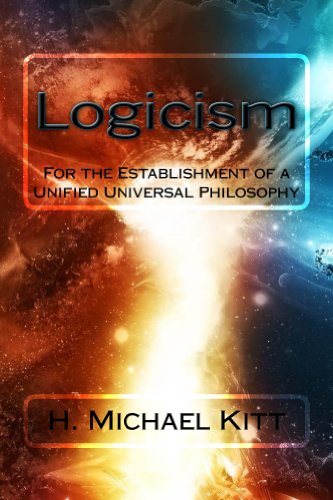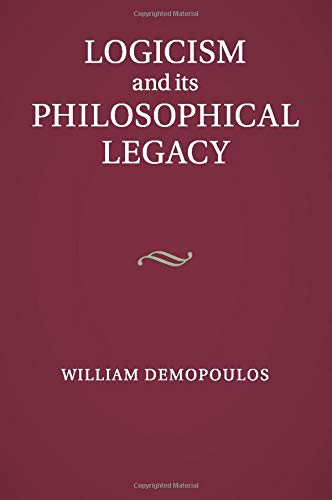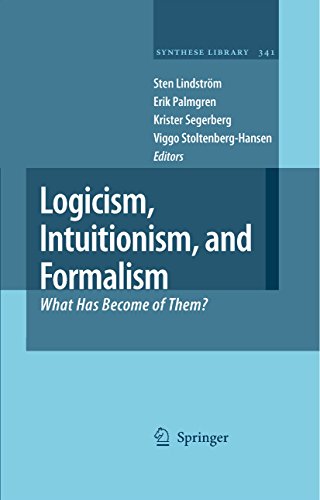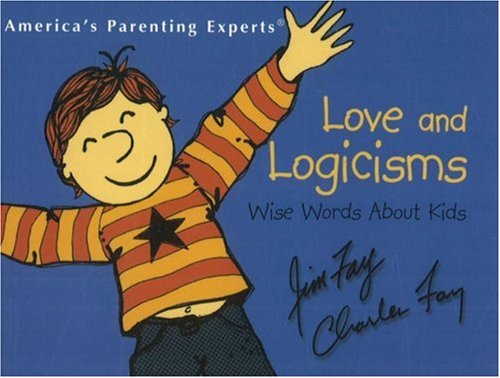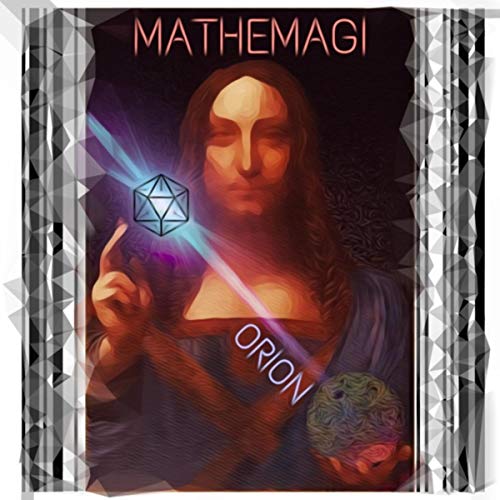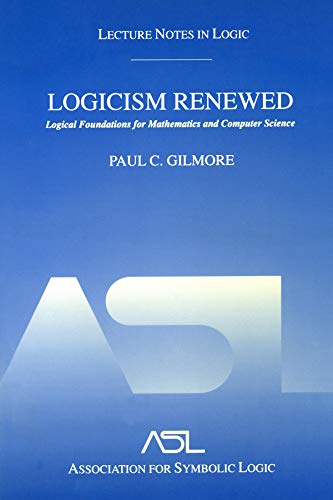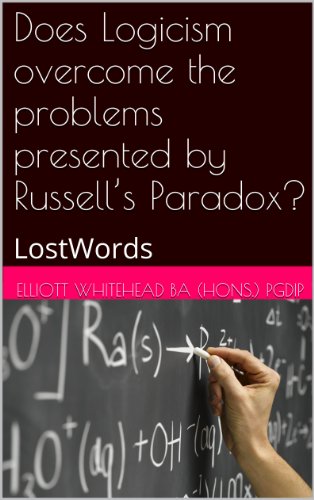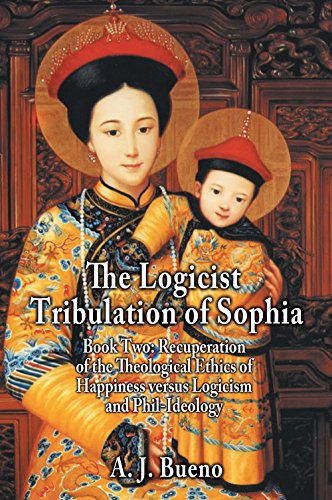Theory, due to Gottlob Frege (1848-1925) and Bertrand Russell (1872-1970), that the concepts and theories of mathematics (in particular of arithmetic) can be derived from those of logic.
This, if feasible, would support logical positivism and reductionism in general.
Arithmetic was in fact reduced to set theory – developed by Georg Cantor (1845-1918) – as a first step, but set theory itself has never successfully been derived from pure logic, and the enterprise was frustrated by K Gödel’s (1906-1978) proof in 1931 that for any system rich enough to formalize arithmetic there will always be truths that can be stated in the system (and so form part of it) but cannot be proved within it.
Source:
S Korner, Philosophy of Mathematics (1960), chs 2, 3
Table of Contents
Last update 2020-06-17. Price and product availability may change.

